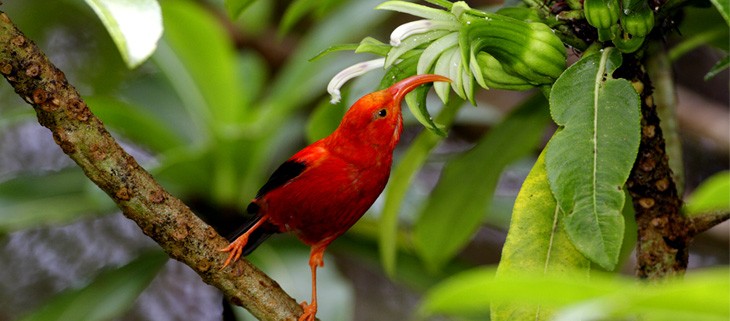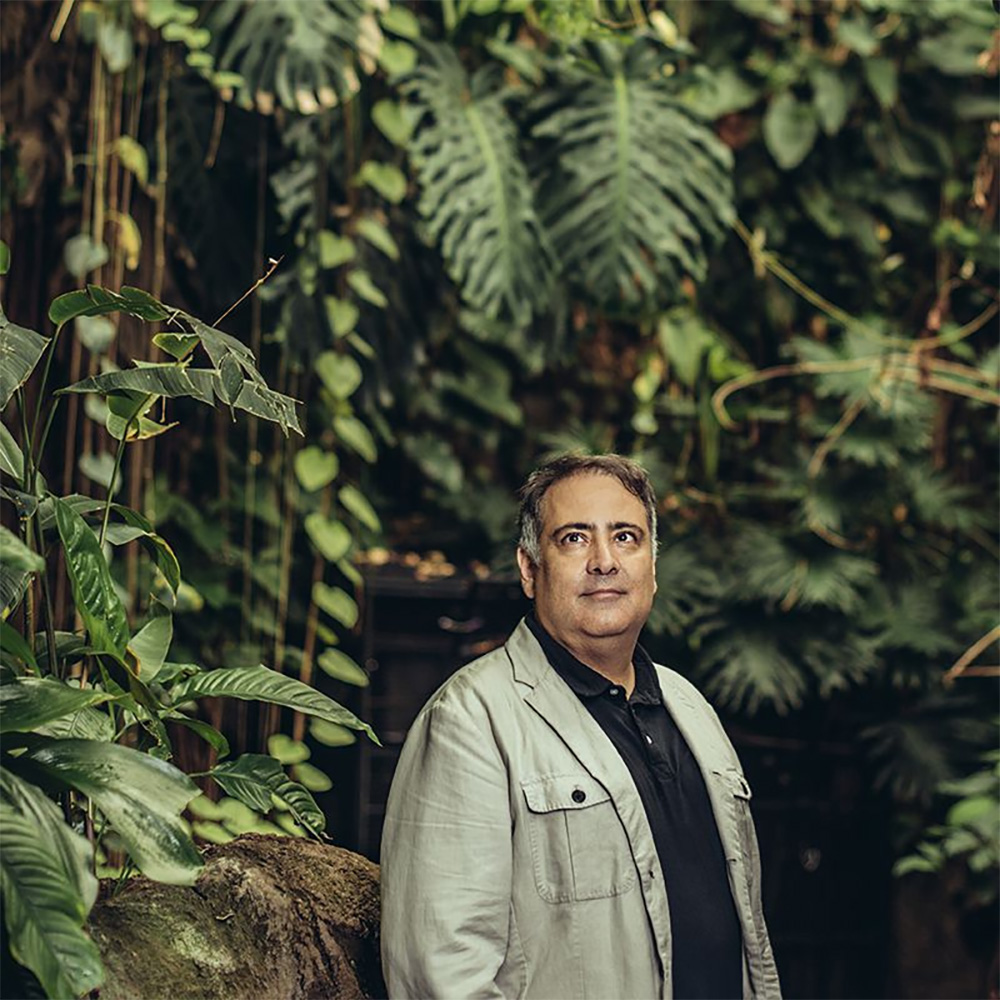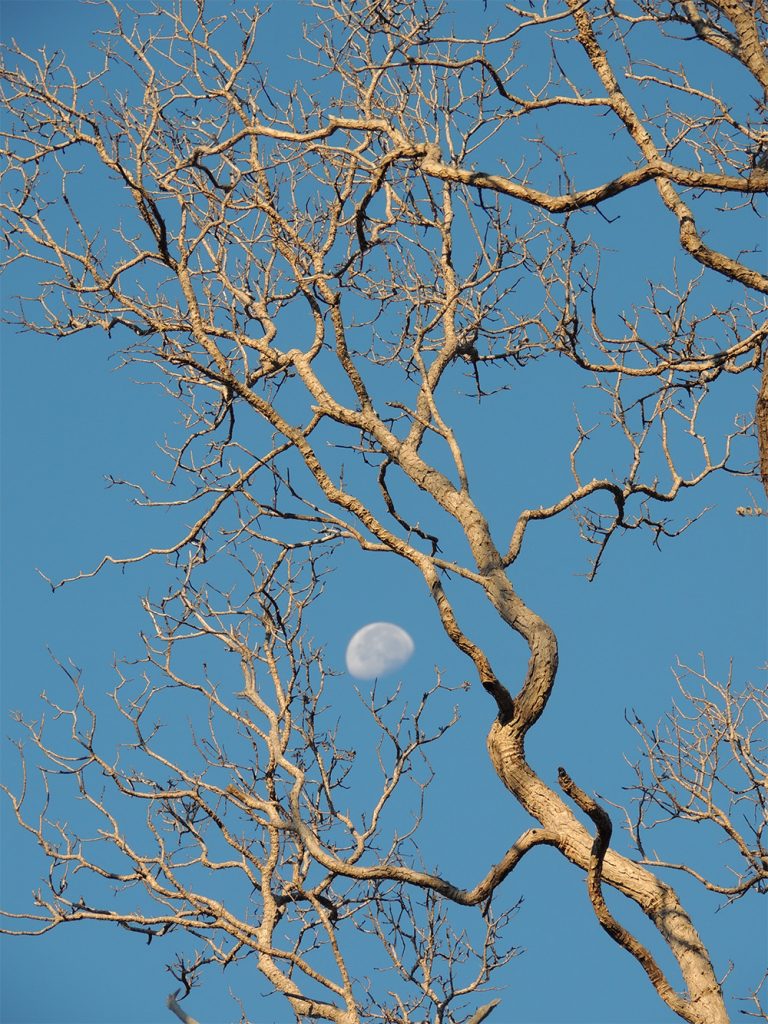December 4, 2024
The Ebiil Society: Champions of Palau
Ann Singeo, founder of our partner organization the Ebiil Society, shares her vision for a thriving Palau and a flourishing world of indigenous science!
We use cookies to help you navigate efficiently and perform certain functions. You will find detailed information about all cookies under each consent category below.
The cookies that are categorized as "Necessary" are stored on your browser as they are essential for enabling the basic functionalities of the site. ...
Necessary cookies are required to enable the basic features of this site, such as providing secure log-in or adjusting your consent preferences. These cookies do not store any personally identifiable data.
Functional cookies help perform certain functionalities like sharing the content of the website on social media platforms, collecting feedback, and other third-party features.
Analytical cookies are used to understand how visitors interact with the website. These cookies help provide information on metrics such as the number of visitors, bounce rate, traffic source, etc.
Performance cookies are used to understand and analyze the key performance indexes of the website which helps in delivering a better user experience for the visitors.
Advertisement cookies are used to provide visitors with customized advertisements based on the pages you visited previously and to analyze the effectiveness of the ad campaigns.
Looking to make an impact this Earth Month? Here’s how.

Conserving nature and novel technological innovations go hand in hand. That is surely what ecology & evolutionary biologist, Alex Dehgan thought when he founded Conservation X Labs in Washington DC. Conservation X Labs, founded in 2015, is a nonprofit technology startup that hosts competitions wherein its participants propose solutions to some of the world’s greatest conservation challenges. The winners receive funding to bring their innovation to life. A total of $3.3 million has been awarded to recipients so far.

One such innovation is ChimpFace. Using facial-recognition software, algorithms sift through thousands of photos provided by the Jane Goodall Institute to determine if a chimp for sale has been taken illegally from the wild.
Most recently, the startup is reviewing proposals for an early detection method of the invasive fungal pathogen that is decimating the native ‘Ōhi‘a (Metrosideros polymorpha) tree in Hawaii which causes Rapid ‘Ōhi‘a death. The winner will receive $70,000 in funding to implement their idea. This is great news as the ‘Ōhi‘a plays a crucial role in native forests and watersheds in Hawaii. J. B. Friday, a forester at the University of Hawai’i at Mānoa is hopeful about the potential for the competition to spur new ideas:
If good, smart people over the world are thinking about this and can bring us ideas we haven’t thought of, that would be great to know.”

Each year, Conservation X Labs chooses a series of issues facing the world and allows innovators to find solutions to some of the greatest problems our world is facing today. Island Conservation has partnered with Conservation X Labs and supported the development of a challenge called “Confirming Zero” which is aimed at finding innovative ways that are precise and scalable to confirm the absence of invasive species on islands.
Conservation X Labs doesn’t just fund great ideas, they develop their own, too. They are currently working on a DNA barcode scanner device which will assist park rangers and law enforcement officials to obtain the genetic identity of a species at low cost. This piece of technology will be especially beneficial for protected and endangered species as well as wildlife products that are often sold illegally including pangolin scales and rhino horns.
This couldn’t come at a better time as Dehgan notes that the process of finding solutions to the world’s greatest conservation challenges has been slow-moving. He believes this is because the field is saturated with conservationists. He asserts that a more interdisciplinary perspective that is inclusive of technology is needed to approach these challenges and find adequate solutions. Dehgan also believes in the importance of humans doing their part to fix these problems:
Humans have caused these problems, and we have the ability to solve them.”
Thanks to the example Conservation X Labs have set, other tech giants are providing their contributions as well. Microsoft has recently launched their $50 million AI for Earth Program which will focus on using artificial intelligence to solve environmental problems. With this support and continued innovation, the future for wildlife all over the world is bright.
Source: Nature
Featured photo: The ‘I’iwi perched on a flowering ‘Ōhi‘a. Credit: USFWS- Pacific Region
Check out other journal entries we think you might be interested in.
Notifications